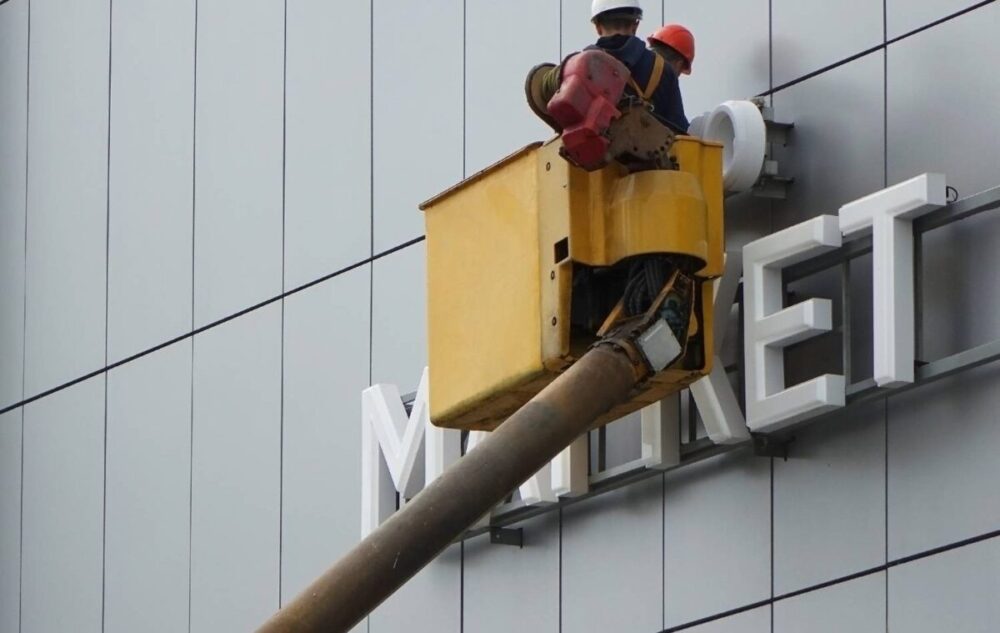Every business sector needs contingency plans for any type of outcome that disrupts operations or delays it. The construction business is a huge industry with numerous investors that would want to protect their interests, assets, and projects. To ensure the safety of their construction investments and projects, people would need specific construction bonds that would give owners the assurance and guarantees they need. If you want to learn more about the importance of these bonds, then read on to understand the different types of bonds that you should familiarize yourself with if you work in the construction industry.
What are Construction Bonds?
Construction bonds are similar to a backup plan that protects your interests in any construction project if things don’t go according to plan. They are known as surety bonds that investors need to protect themselves against delays, disruptions, damages, and financial losses. Some construction projects might have contractors that didn’t work properly or suppliers that didn’t deliver raw materials on time. In some cases, the supplies or materials needed might be damaged or contractors failed to meet deadlines.
If any party didn’t meet the requirements or specifications of a construction project’s contract, then they will be held liable for their failure. When you submit a construction bond, regardless of the type, there will be a contractual policy that must be followed accordingly by the contractor and supplier. Every investor should have this policy to avoid losing a lot of money if they run into some drawbacks with their construction project.

Are Construction Bonds an Insurance Policy?
Even though they have similar aspects, construction bonds are not an insurance policy. They have the same idea and the people/investors who apply for them get assurances on their investment, but it’s technically not an insurance policy. You can check this page to understand how construction bonds are a three-party aspect and bonds do not expect losses because they are protected by the indemnity agreement. This agreement ensures proper compensation in the event of any type of loss and it lifts any burdens off of an investor’s shoulder when it comes to failures, financial losses, and damages. These are the significant differences between an insurance policy and a bond because insurance policies are a two-party aspect and these policies expect losses.
The Types of Construction Bonds
You can find several types of construction bonds that can be quite beneficial to investors depending on their needs and the project they’re working on. You have three primary types of construction bonds, which are the performance, bid, and payment bonds, but you could find several more types available to you for your construction project. You can find them explained and listed below:
-
Performance Bonds

Source: Ship Vehicles
The performance bond gives investors/owners the assurances and guarantees they need that their project will get completed according to the terms and conditions of the contract. If the contractor fails and the project defaults, then you can have the surety pay you the costs or give your contract to another contractor that is capable of completing your project.
-
Bid Bonds
The public sector commonly uses a bid bond because it’s where contractors place bids on specific projects. This is used when a contractor won a bid for work, but they decided not to carry on signing the contract to work. The bid bond allows you as the investor to get the surety to pay for any additional costs and locate another contractor for you that is willing to bid and work on your project.
-
Payment Bonds

Source: MIC Insurance
A payment bond is also known as a labor and materials bond and it protects you as an investor when it comes to the materials, supplies, and labor costs. Liens issued by suppliers and subcontractors can be an issue for the owner/investor. This bond protects you if your main contractor didn’t pay the providers that sent in materials and workers.
-
Supply Bonds
The supply bonds can help you get the compensation you need if you purchased supplies and the supplier didn’t deliver your order. This can be a significant loss, but the bond allows investors to get reimbursements of their purchase and it holds suppliers accountable for their actions.
-
Subdivision Bonds
A subdivision bond works as a contingency plan if contractors didn’t build sidewalks or other public structures according to the local specifications/requirements needed in subdivisions. You can rest assured that this part of the project will get completed accordingly with this bond.
-
Maintenance Bonds

Source: Medium
If your contractor finished the project, but you noticed that the workmanship was sloppy or the materials used were faulty/defective, then maintenance bonds can protect your interests. You can get the guarantee to have any repairs done and damaged materials replaced and all costs for them will be covered by this bond.
-
Site Improvement Bonds
This type of bond is only used for finished projects that need renovations or restoration work. Site improvement bonds can be quite useful for investors when they want the reassurance that their project site will get the improvements it needs.
Are Construction Bonds Available For Every Project?

Unfortunately, not all projects can have construction bonds available to investors. Some American companies might not qualify for bonds if the job isn’t posted by the government. Also, construction bonds aren’t available to Indian reserve projects, overseas construction work, multi-year construction contracts, or private property remodeling projects. This is because surety companies believe that these projects are too risky to protect and insure.
Every construction project needs different surety bonds to ensure that every supplier and contractor are holding their end of the bargain. This can save you such a hassle and it protects your projects as an investor. You never know what could happen that could lead to the delay of different construction projects or there might be significant financial losses that would need reimbursements. If you have the assurances you need in the construction industry, you can rest easy knowing that your investments won’t go to waste and there will be a chance to salvage any mistake. Just remember to familiarize yourself with the different construction bonds that can prove useful to you and your needs.





